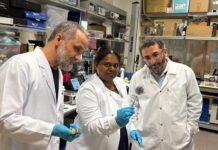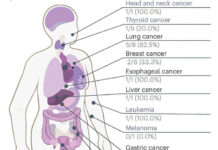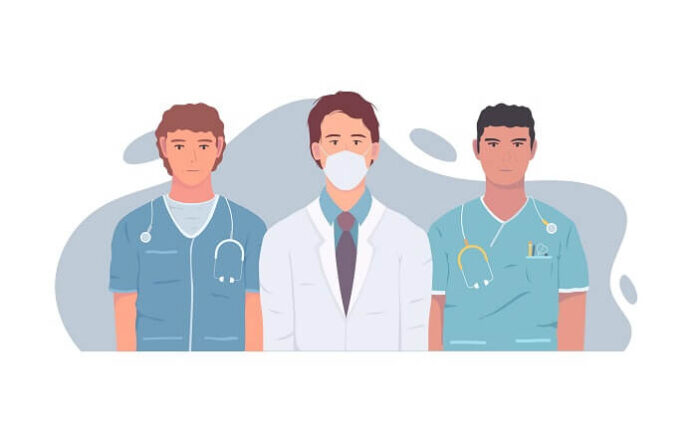A recent audit by the Comptroller and Auditor General of India (CAG) has revealed critical shortcomings in Maharashtra’s public health system, highlighting severe staff shortages and delayed infrastructure projects.
The CAG reviewed the operations of the state’s public health and medical education departments from 2016 to 2022, finding overburdened healthcare units often serving double their intended capacity. Alarmingly, 41% of sanctioned posts for gynecologists remained unfilled, alongside 50% for anesthetists, 48% for radiologists, and 74% for chest medicine specialists—a significant concern given Maharashtra’s high tuberculosis burden.
Infrastructure delays compounded the crisis. According to the report, 70% of construction and 90% of upgrades under a 2013-2014 master plan were incomplete as of September 2022. Furthermore, 433 planned projects could not commence due to land unavailability.
The audit found an overall 27% shortage of doctors, 35% for nurses, and 31% in paramedical staff. The situation was worse at tertiary hospitals, where 42% of specialist posts were vacant. Trauma care centers and AYUSH institutions also faced acute staffing deficits.
Rural healthcare facilities bore the brunt, with 93% of rural hospitals operating with only one registration counter instead of the mandated two, leading to long waiting times. In 26% of cases, doctors attended to more than double the prescribed number of patients. Essential specialty services were missing in many district and women’s hospitals.
The report criticized Maharashtra’s health budget allocation, which stood at 4.91% last year, far below the 8% recommended by the National Health Policy. It urged the government to improve budget utilization, avoiding the end-of-year spending rush.
The findings, tabled in the legislative assembly, underline the urgent need for comprehensive reforms to address Maharashtra’s healthcare challenges, particularly in rural and tertiary care sectors.
























